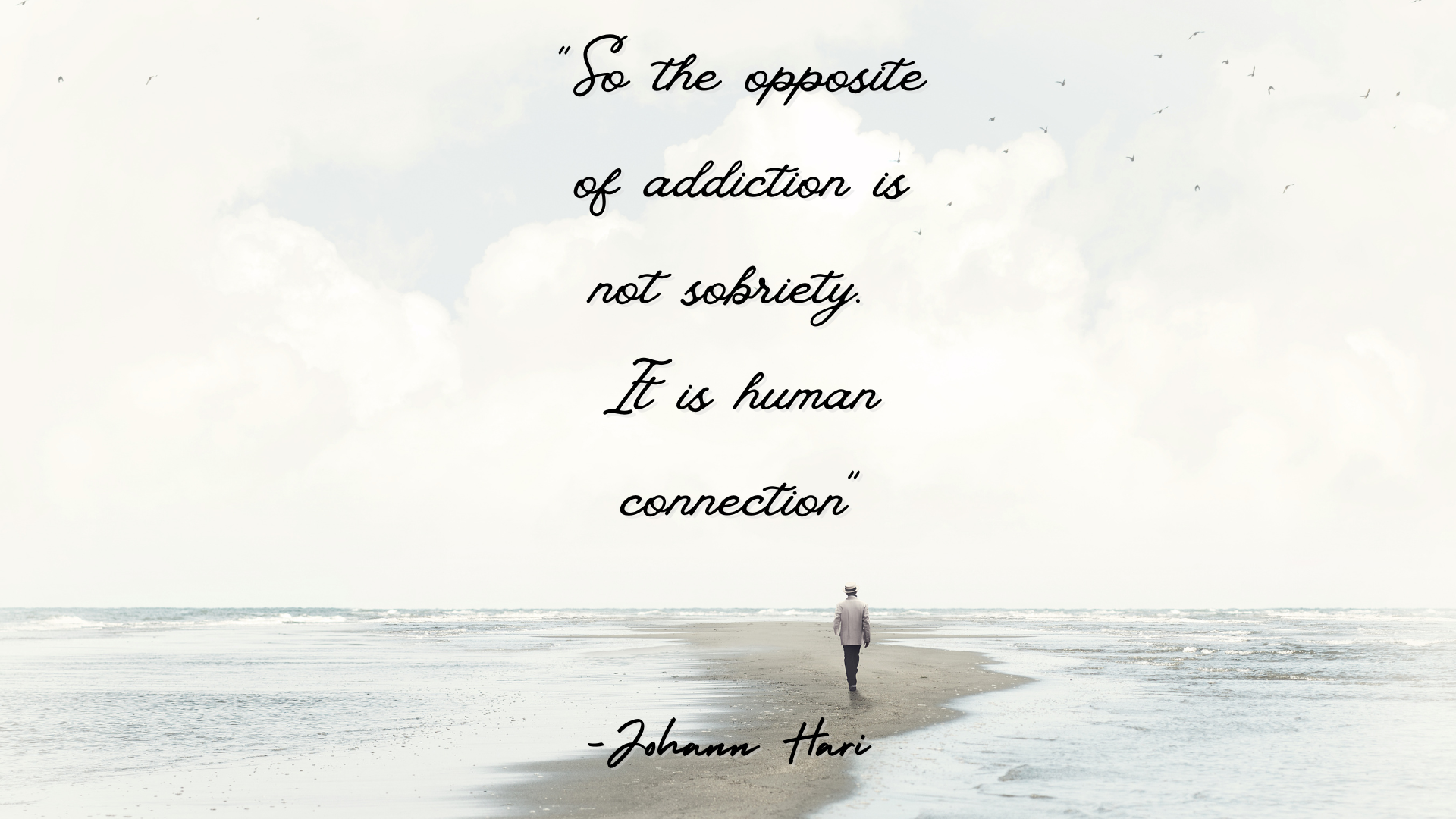A Strong Recovery Community Plays A Large Role In Achieving Lasting Sobriety.
In the journey of addiction recovery, the significance of connectivity and community cannot be overstated. Building robust bonds and fostering a supportive network can significantly enhance an individual’s chances of achieving and maintaining long-term sobriety. In this blog post, we will explore the crucial role of connectivity and community in addiction recovery, supported by statistics and research. Additionally, we will highlight how Waterside Recovery Centers prioritizes the creation of a robust recovery community for their clients. Our recovery community in Plymouth, MA helps with facilitating lasting and transformative healing.
The Impact of Connectivity and Community in Sobriety:
Reduced Isolation and Loneliness:
Isolation and loneliness, common triggers for substance abuse and relapse, can be combated by connecting with others who have shared similar experiences. Individuals in recovery can form meaningful relationships, as demonstrated by a study published in the Journal of Substance Abuse Treatment. The research found that those engaged in recovery-oriented social networks were more likely to achieve abstinence and experience improved well-being. [Source: Journal of Substance Abuse Treatment]
Increased Support and Accountability:
Participating in a recovery community provides a network of support and accountability. Peer support groups, like Alcoholics Anonymous (AA) and Narcotics Anonymous (NA), offer a space where individuals can share their challenges, receive guidance, and celebrate milestones. Research indicates that peer support is associated with better treatment outcomes and increased rates of abstinence. [Source: National Institutes of Health]
Enhanced Coping Skills:
Recovery communities offer a platform for individuals to learn from one another and develop effective coping strategies. Engaging in group therapy sessions and support groups can provide valuable insights, tools, and techniques for managing cravings, stress, and other triggers. By witnessing the successes and strategies of others, individuals can gain inspiration and practical advice to navigate the ups and downs of their recovery journey.
Reduced Stigma and Shame:
Shame and stigma often accompany addiction, preventing individuals from seeking help and support. By becoming part of a recovery community, individuals find a safe and accepting space where they are understood and validated. Sharing experiences, challenges, and triumphs with others who have walked a similar path fosters a sense of belonging, reduces self-judgment, and promotes healing.
The Role of Waterside Recovery Centers in Building a Strong Recovery Community:
At Waterside Recovery Centers, we firmly believe in the power of connectivity and community in addiction recovery. We strive to create an environment that fosters genuine connections and supports our clients throughout their journey. Here’s how we prioritize connectivity and community:
Supportive Group Therapy:
Our comprehensive treatment programs incorporate group therapy sessions led by experienced clinicians. These sessions provide opportunities for individuals to connect, share, and learn from one another.
Peer-Led Support Groups:
We encourage participation in peer-led support groups such as AA and NA. With deep connections in Massachusetts’ recovery community. We not only encourage participation but also offer assistance in connecting individuals. These groups offer ongoing support and valuable insights from individuals who have achieved long-term sobriety.
Alumni Engagement:
We maintain a robust alumni program that facilitates ongoing connections and support for individuals after completing their addiction treatment in Massachusetts. Alumni events, online platforms, and mentoring opportunities enable our clients to remain connected to a strong recovery community even after leaving our center.
Community Integration:
We collaborate with local organizations, recovery community centers, and support groups to ensure that our clients have access to a broader recovery network within the South Shore recovery community.
Conclusion:
Connectivity and community play a pivotal role in addiction recovery. By fostering connections, providing support, and offering opportunities for growth, a strong recovery community can empower individuals on their path to lasting sobriety. At Waterside Recovery Centers, we recognize the transformative power of connectivity and strive to create an environment where our clients can develop meaningful relationships, find support, and thrive in their recovery journey. Join us and be a part of our vibrant recovery community in Massachusetts.
Remember, you don’t have to face addiction alone. Reach out, connect, and embrace the power of community for a brighter, sober future. Waterside Recovery’s help line is staffed 24/7.


